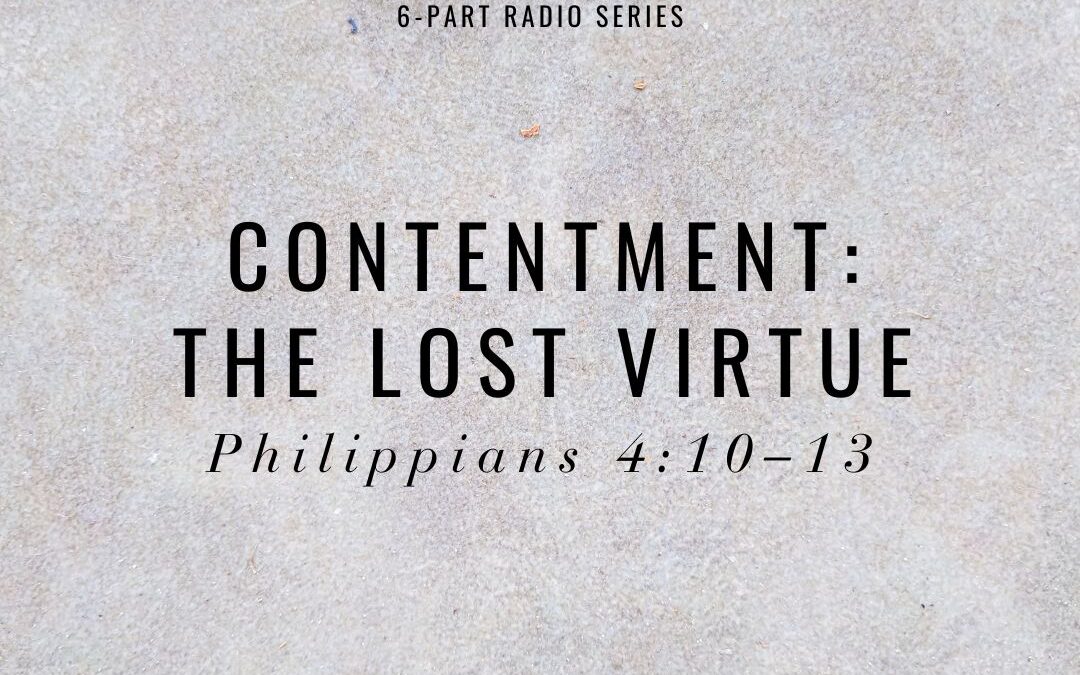
by Melinda Savoy | Jul 31, 2025 | Contentment: The Lost Virtue
At its heart, discontentment is to crave or covet something that doesn’t belong to us. And when we are discontent, we’re not merely discontent with our own circumstances—ultimately we are discontent with God Himself. And that is why Paul’s words in Philippians 4 are so important.

by Melinda Savoy | Aug 1, 2025 | Contentment: The Lost Virtue
If we aren’t careful, the ancient sin of covetousness can quietly rob us of the very thing our souls crave—true biblical contentment. Today, Tom Pennington takes us deep into Philippians chapter 4, where the apostle Paul—writing from a Roman prison cell, no less—reveals the remarkable theology of contentment.

by Melinda Savoy | Aug 4, 2025 | Contentment: The Lost Virtue
For the Christian, our ultimate joy doesn’t come from accumulating the wealth and resources of this world. It flows from something far deeper—a genuine knowledge, understanding, and relationship with the Triune God of the Bible.

by Melinda Savoy | Aug 5, 2025 | Contentment: The Lost Virtue
Through a series of powerful verses in Philippians chapter 4, the apostle Paul calls us as believers to embrace the biblical virtue of contentment—not merely for our own spiritual well-being, but ultimately for the glory of God himself.

by Melinda Savoy | Aug 6, 2025 | Contentment: The Lost Virtue
Philippians 4 reveals a profound truth: part of the path to biblical contentment isn’t found in focusing inward but in learning how to invest our time, energy, and hearts in other people rather than being consumed with ourselves.

by Melinda Savoy | Aug 7, 2025 | Contentment: The Lost Virtue
The apostle Paul writes in Philippians 4:13, “I can do all things through Him who strengthens me.” Sadly, this is one of the most misunderstood and abused verses in all of Scripture. But what does it truly mean? Pastor Tom explains its Scriptural meaning and applies it to believers today.

Recent Comments